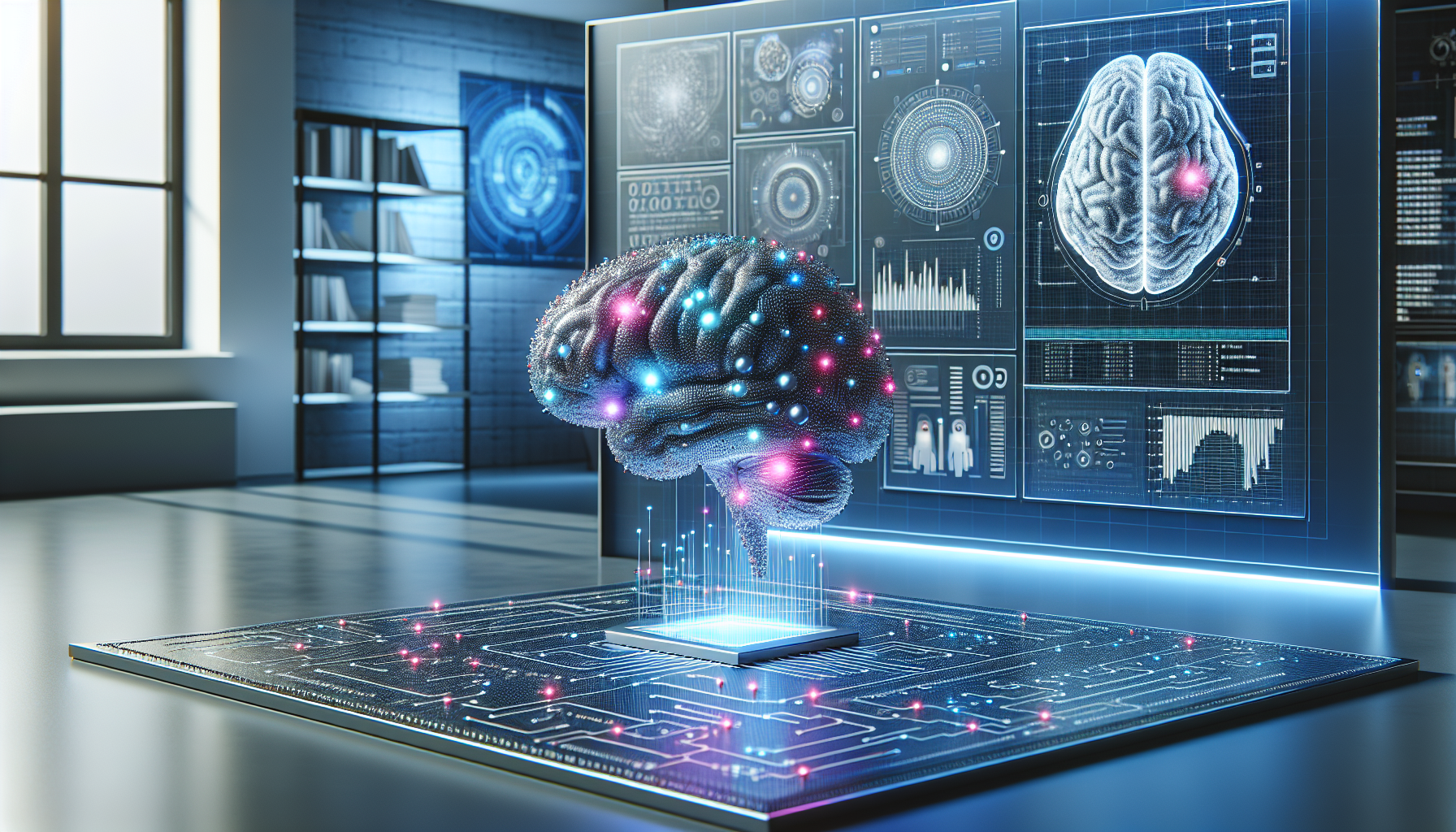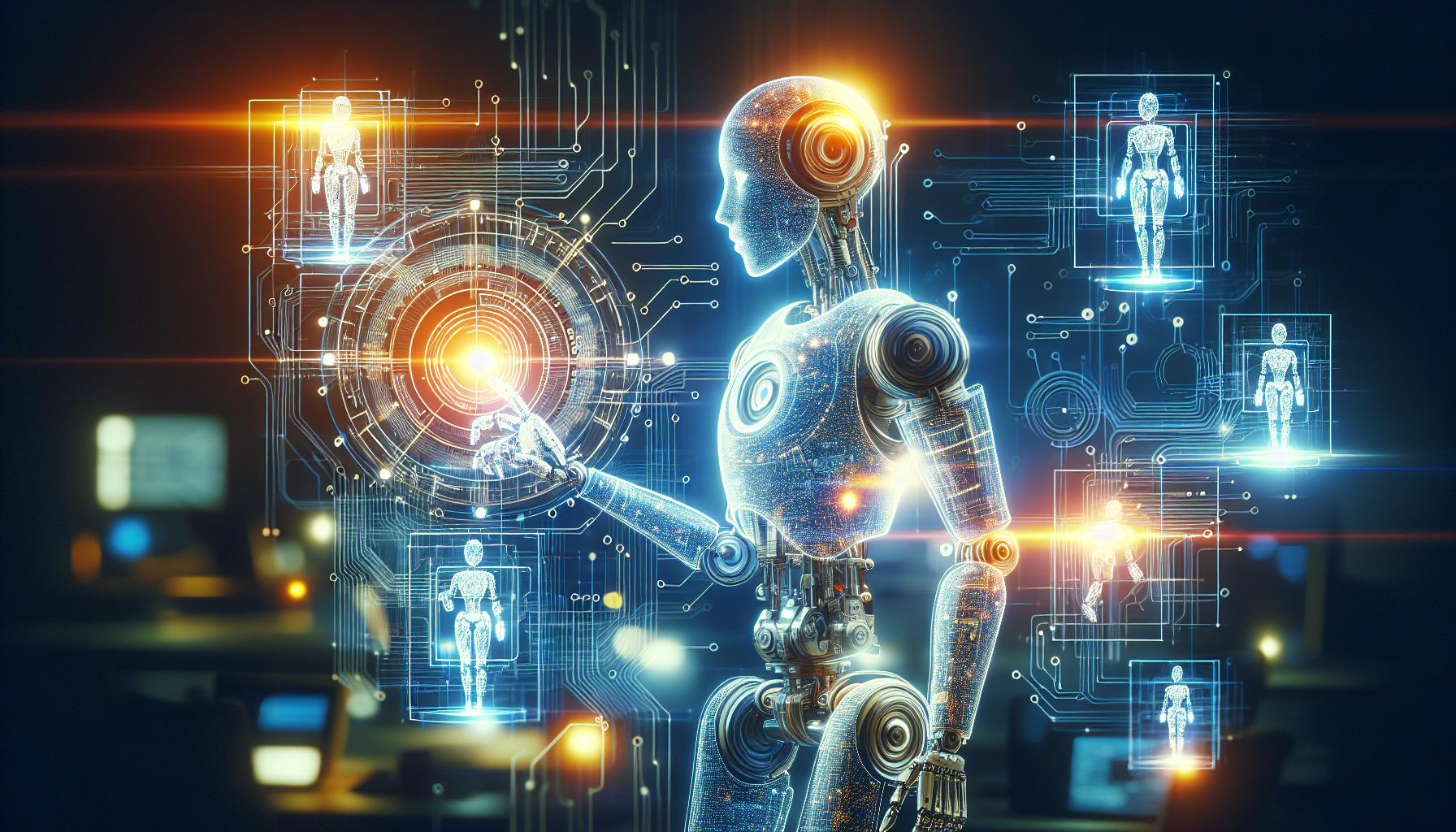
AI Revolutionizing Drug Discovery: A Technical Analysis of Emerging Trends
August 2, 2025
Artificial intelligence (AI) is transforming numerous sectors, but its impact on drug discovery and development is particularly profound. As research teams worldwide strive to understand complex biological systems and identify potential therapeutic compounds, AI's computational prowess is driving unprecedented advancements in both speed and accuracy. This article delves into the technical intricacies and emerging trends that underscore AI's pivotal role in reshaping the pharmaceutical landscape.
At the heart of AI's transformative potential in drug discovery is its ability to process and analyze vast datasets with remarkable precision. Traditional drug discovery methods often rely on trial and error, a labor-intensive process that can take years to yield viable results. In contrast, AI algorithms can sift through millions of chemical compounds, identifying those with the highest likelihood of success as drug candidates. Machine learning models, particularly deep learning, are instrumental in predicting how molecules will interact with specific biological targets, thereby streamlining the initial phases of drug development.
One of the notable trends in AI-driven drug discovery is the integration of generative models, such as Generative Adversarial Networks (GANs) and variational autoencoders (VAEs). These models are adept at generating novel molecular structures with desired properties, which are then tested in silico for their potential efficacy and safety. By employing these techniques, researchers can significantly reduce the time and cost associated with traditional drug development pipelines.
Moreover, AI's role extends beyond molecule generation to the optimization of lead compounds. Through reinforcement learning, AI systems can iteratively refine candidate molecules to enhance their therapeutic potential while minimizing adverse effects. This capability not only accelerates the development process but also increases the probability of clinical success.
In addition to molecule design and optimization, AI is making strides in the realm of precision medicine. By analyzing genomic, proteomic, and clinical data, AI can identify biomarkers that predict patient responses to specific treatments. This personalized approach ensures that patients receive the most effective therapies based on their unique biological makeup, thereby improving treatment outcomes and reducing the risk of adverse reactions.
AI's impact is also evident in the realm of clinical trials. Traditional trials are often hampered by inefficiencies, including patient recruitment challenges and data management issues. AI can streamline these processes by identifying optimal patient populations, predicting trial outcomes, and managing data more effectively. Natural language processing (NLP) algorithms, for example, can extract relevant information from vast repositories of medical literature, ensuring that trial designs are informed by the latest scientific insights.
Despite these advancements, the integration of AI in drug discovery is not without challenges. The complexity of biological systems means that even the most sophisticated algorithms can struggle to predict all possible interactions. Furthermore, the interpretability of AI models remains a significant concern, as stakeholders require transparency to trust AI-driven decisions. Efforts are underway to enhance the explainability of AI systems, fostering greater acceptance in the scientific community.
Ethical considerations also loom large as AI continues to shape drug discovery processes. The potential for bias in AI algorithms necessitates rigorous validation to ensure equitable treatment access. Moreover, the use of AI in drug development raises questions about data privacy and the ownership of intellectual property, particularly when algorithms are trained on proprietary datasets.
As AI continues to evolve, its role in drug discovery will undoubtedly expand, offering new opportunities for innovation. Researchers are exploring the integration of AI with other cutting-edge technologies, such as quantum computing and synthetic biology, to further enhance drug discovery capabilities. These interdisciplinary approaches hold the promise of unlocking new therapeutic avenues that were previously unimaginable.
In conclusion, the role of AI in drug discovery and development is rapidly evolving, driven by technical innovations that are reshaping the pharmaceutical industry. As AI systems become more sophisticated, their ability to address complex biological challenges will only increase, paving the way for more effective and personalized medical treatments. The question now is not whether AI will continue to influence drug discovery, but how these technologies will redefine the boundaries of biomedical research and healthcare. What new frontiers will AI unlock in the quest for more effective therapies, and how will the industry adapt to these seismic shifts?


